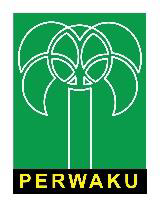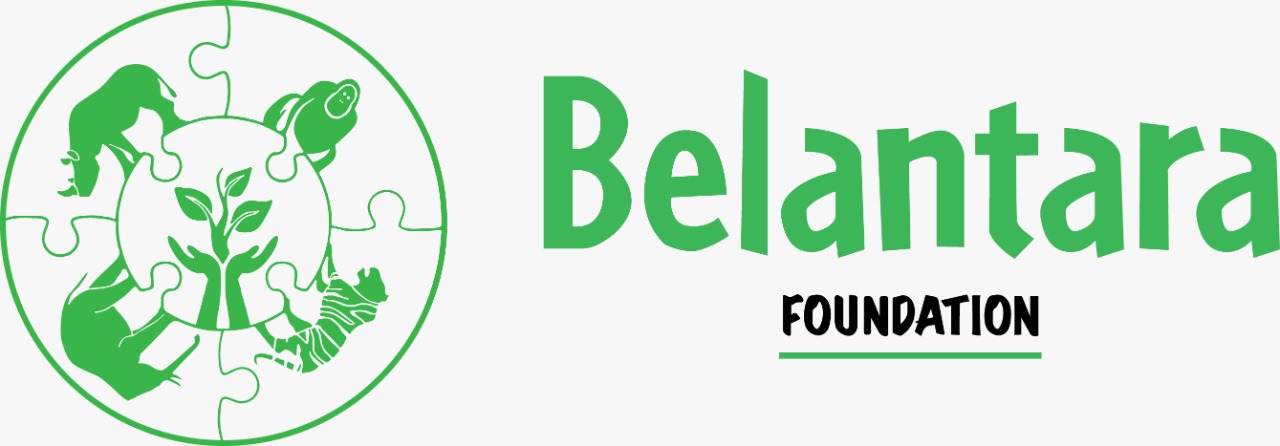- Home
- Vol 4, No 1 (2023)
- Priatna
Progress, Challenges, and the Nexus of Research and Impact - the importance of technology in biodiversity conservation in Indonesia
Dolly Priatna, Kathryn A. Monk
Abstract
The Global Assessment Report on Biodiversity and Ecosystem Services 2019, published by the Intergovernmental Science-Policy Platform on Biodiversity and Ecosystem Services (IPBES), shed light on the increasingly alarming state of global biodiversity. Biodiversity is essential to human survival through its contribution to ecosystem stability, resilience, and the provision of critical ecosystem services that sustain essential ecological processes and human well-being. Amongst other services, as demonstrated across Indonesia, biodiversity supports livelihoods by providing building and clothing materials, maintaining water quality, and providing medicines and food. As the global human population reached 8 billion in 2022, the interconnections between our unsustainable production and consumption, the climate crisis, and biodiversity decline have been increasingly recognized by the global community through IPBES and IPCC (Intergovernmental Panel on Climate Change). Escalating human numbers, coupled with burgeoning economic and industrial demands, must necessitate substantial forest land use—repositories of biodiversity. Conservation practitioners have therefore been continually driven to innovate in their pursuit of effective strategies for sustainably managing the world's precious biodiversity. Researchers and academics have the pivotal responsibility to produce research that brings about real-world impactful outcomes. The academic community is expected to address the needs of those working to conserve nature through the development of research and technology with immediate practical applicability. We look forward to publishing more of these research impact papers in the future.
Keywords
academics; biodiversity; human population; research and technology
References
IPBES (2019): Global assessment report on biodiversity and ecosystem services of the Intergovernmental Science-Policy Platform on Biodiversity and Ecosystem Services. E. S. Brondizio, J. Settele, S. Díaz, and H. T. Ngo (editors). IPBES secretariat, Bonn, Germany. 1148 pages. https://doi.org/10.5281/zenodo.3831673
Priatna, D. & Monk, K.A. (2022). The role of the academic community in combating wildlife trafficking. Indonesian Journal of Applied Environmental Studies, 3(2): 85-91
Swab, K. (2016). The Fourth Industrial Revolution: what is means, how to respond. World Economic Forum. https://www.weforum.org/agenda/2016/01/the-fourth-industrial-revolution-what-it-means-and-how-to-respond/
Full Text:
PDF
DOI:
10.33751/injast.v4i1.8778

Abstract views : 265

views : 234
Refbacks
- There are currently no refbacks.
Copyright (c) 2023 Indonesian Journal of Applied Environmental Studies

This work is licensed under a
Creative Commons Attribution-NonCommercial-ShareAlike 4.0 International License.
 Abstract views : 265
Abstract views : 265














